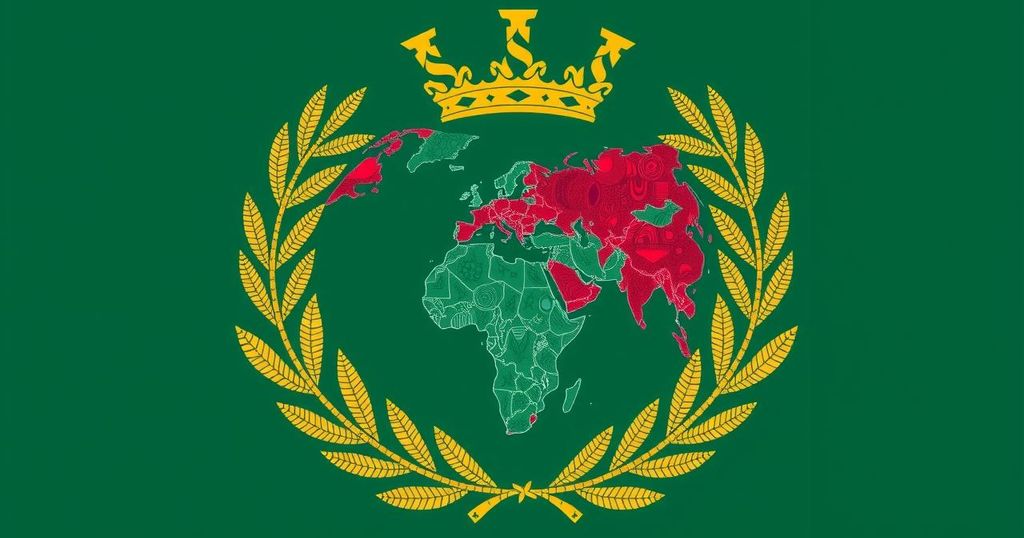Commonwealth Nations Convene to Address Climate Change and Reparations
The Commonwealth Heads of Government Meeting in Samoa addresses critical issues including climate change and calls for reparations related to the transatlantic slave trade. Leaders emphasize the urgent threats posed by climate change to vulnerable island nations, while the reparations discussion reflects ongoing debates about historical injustices and their implications on present racial inequalities.
The Commonwealth Heads of Government Meeting (CHOGM) convenes in Samoa, where leaders from 56 countries, including King Charles of Britain, are gathering to address pressing global issues such as climate change and reparations for historical injustices related to the transatlantic slave trade. This summit highlights the vulnerabilities faced by many Commonwealth nations, particularly small island states, as they grapple with rising sea levels exacerbated by climate change. According to United Nations Secretary-General Antonio Guterres, ocean temperatures in the Pacific Islands are increasing at a rate that is three times faster than the global average, presenting unique challenges to these nations. Australian Foreign Minister Penny Wong emphasized that climate change poses an existential threat, significantly impacting the economic security of Pacific communities. African nations, including Zambia, have voiced their concerns about the escalating implications of climate change on food security, urging collaborative dialogue on these critical issues. In addition to climate discussions, the summit will address the contentious topic of reparations for the transatlantic slave trade. While British Prime Minister Kier Starmer stated that reparations will not be formally discussed at CHOGM, he expressed openness to engaging with leaders who wish to explore the matter. The Caribbean Community (CARICOM) has established a commission aimed at pursuing reparations from former colonial powers. The debate continues, with proponents arguing that the legacies of slavery perpetuate racial inequalities, while opponents caution against holding present-day nations accountable for historical transgressions. The summit signifies an important juncture for Commonwealth leaders to collaboratively forge solutions addressing both environmental and social justice issues, with the anticipation of issuing a declaration on ocean protection and reigniting the dialogue surrounding reparations for slavery.
This article discusses the Commonwealth Heads of Government Meeting (CHOGM), which unfolds in Samoa, highlighting significant issues such as climate change and reparations for transatlantic slavery. The summit gathers leaders from Commonwealth nations with shared colonial histories rooted in British imperialism. The discussions reflect ongoing concerns about the impact of climate change on small island nations, which are particularly vulnerable to rising sea levels and environmental degradation. Simultaneously, the dialogue surrounding reparations underscores the historical context of slavery and its lasting effects, particularly in relation to racial inequalities present today.
In summary, the Commonwealth summit in Samoa serves as a vital platform for leaders to confront pressing global challenges, primarily climate change and reparations for the transatlantic slave trade. With rising sea levels posing imminent threats to island nations and discussions around historical injustices gaining momentum, the outcomes of these deliberations will be pivotal for fostering international cooperation and addressing both environmental and social justice.
Original Source: www.voanews.com




Post Comment